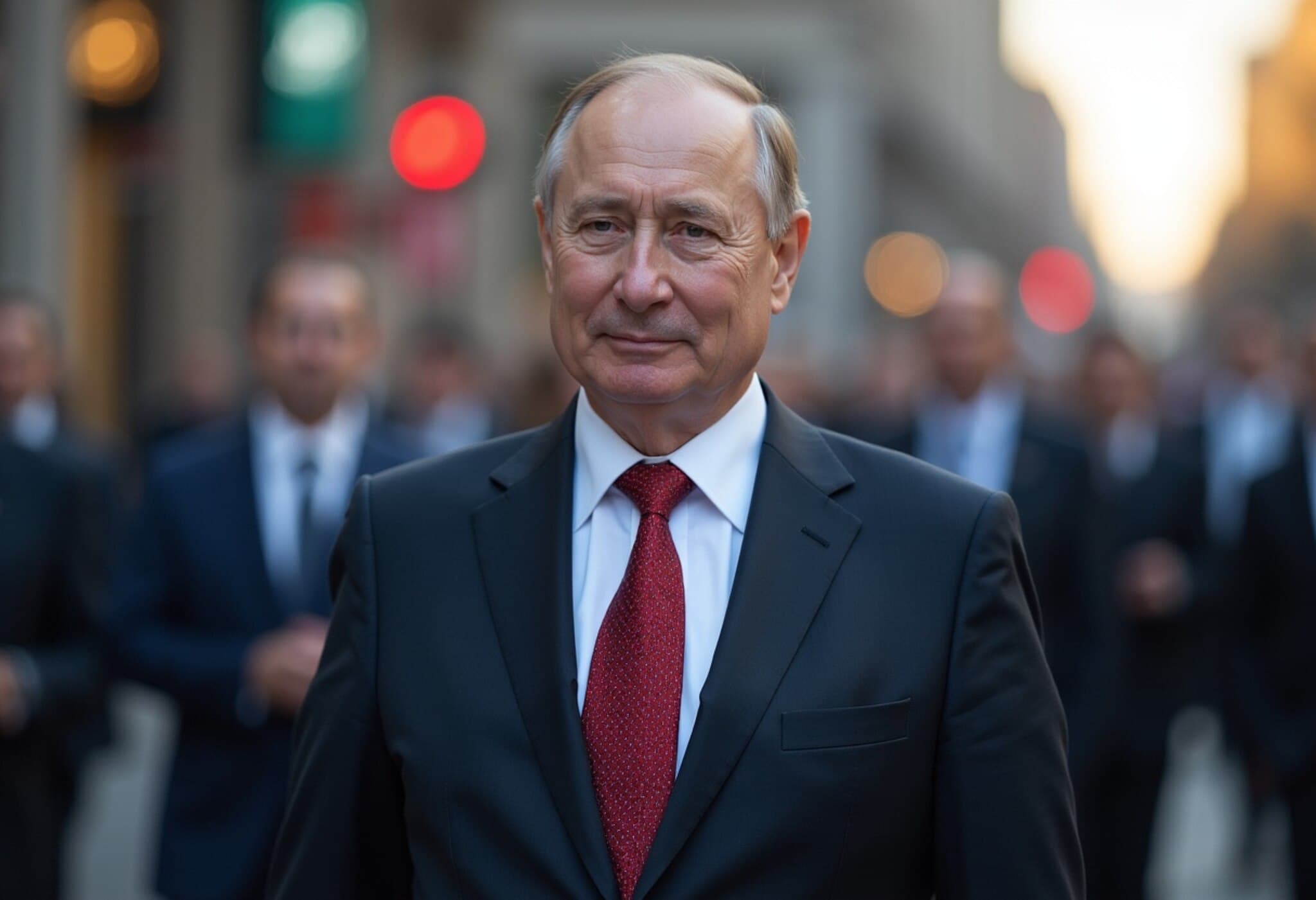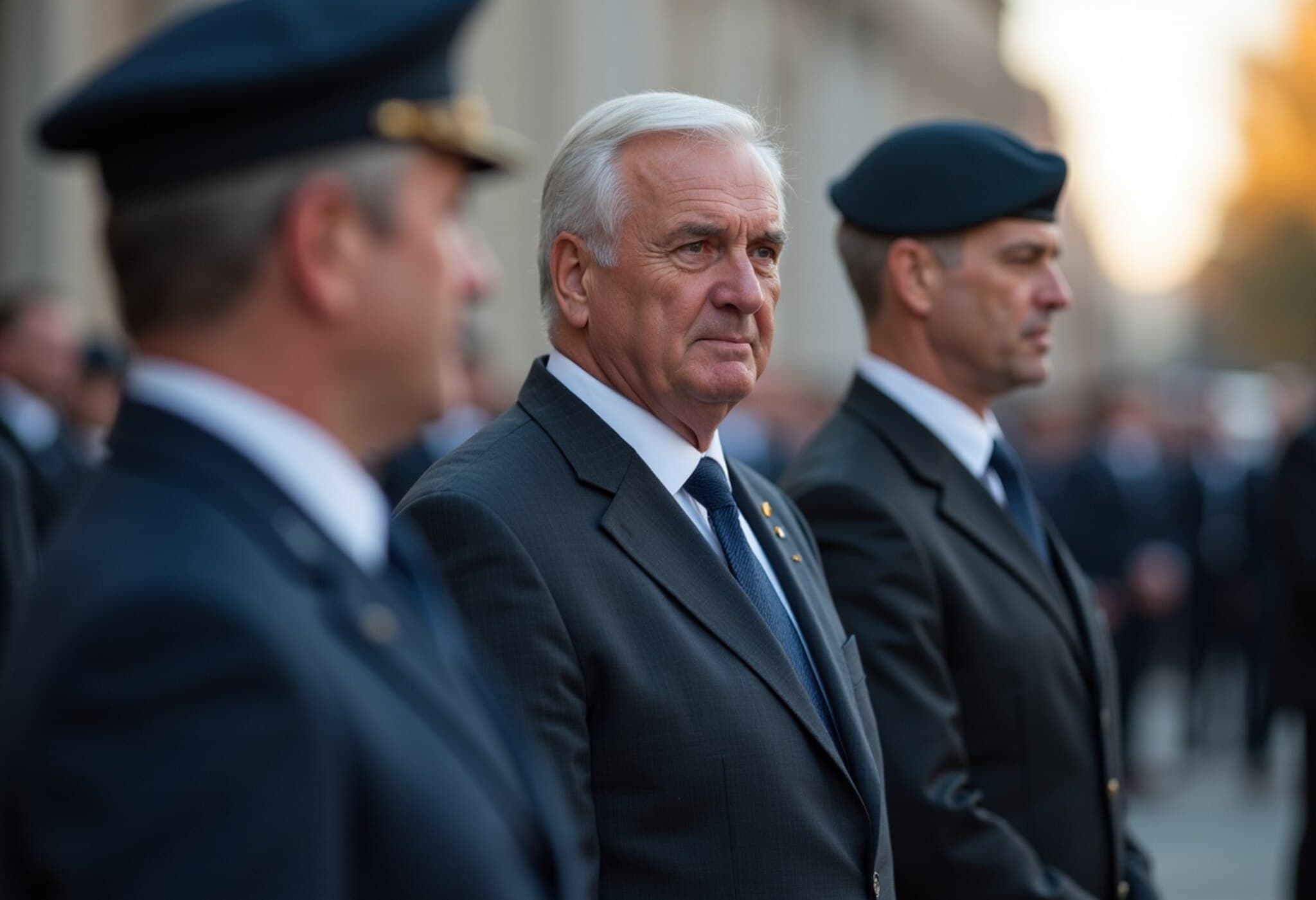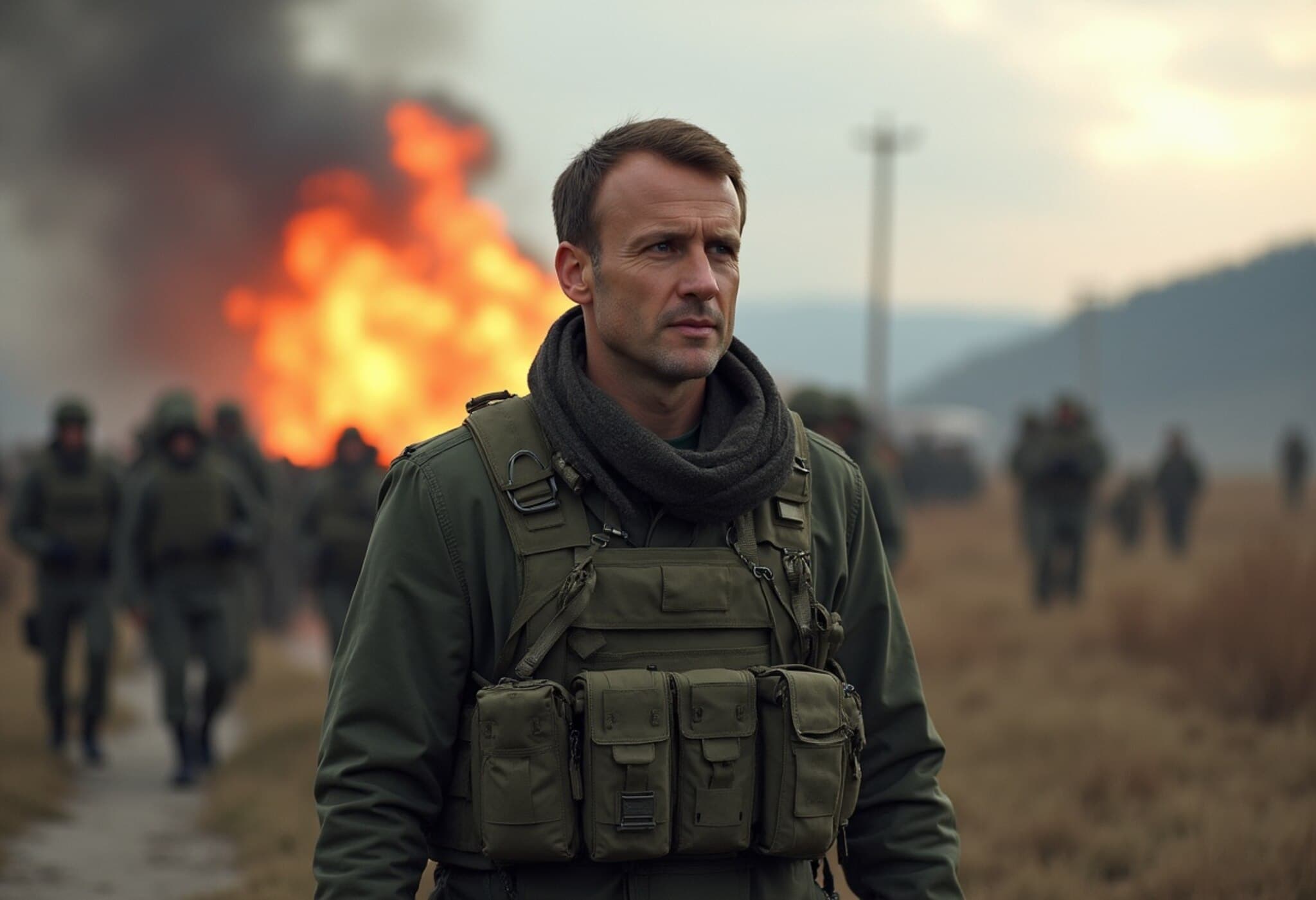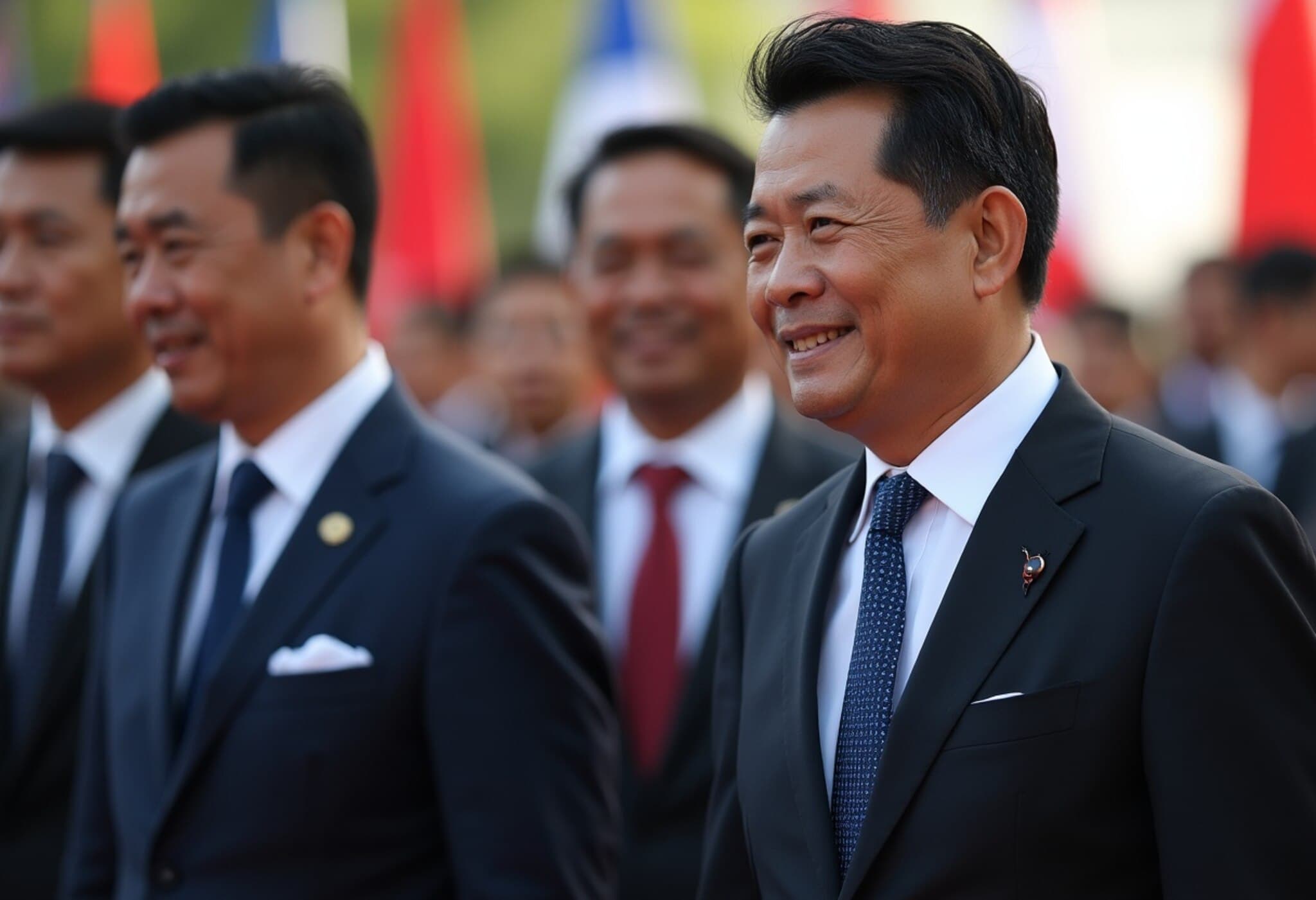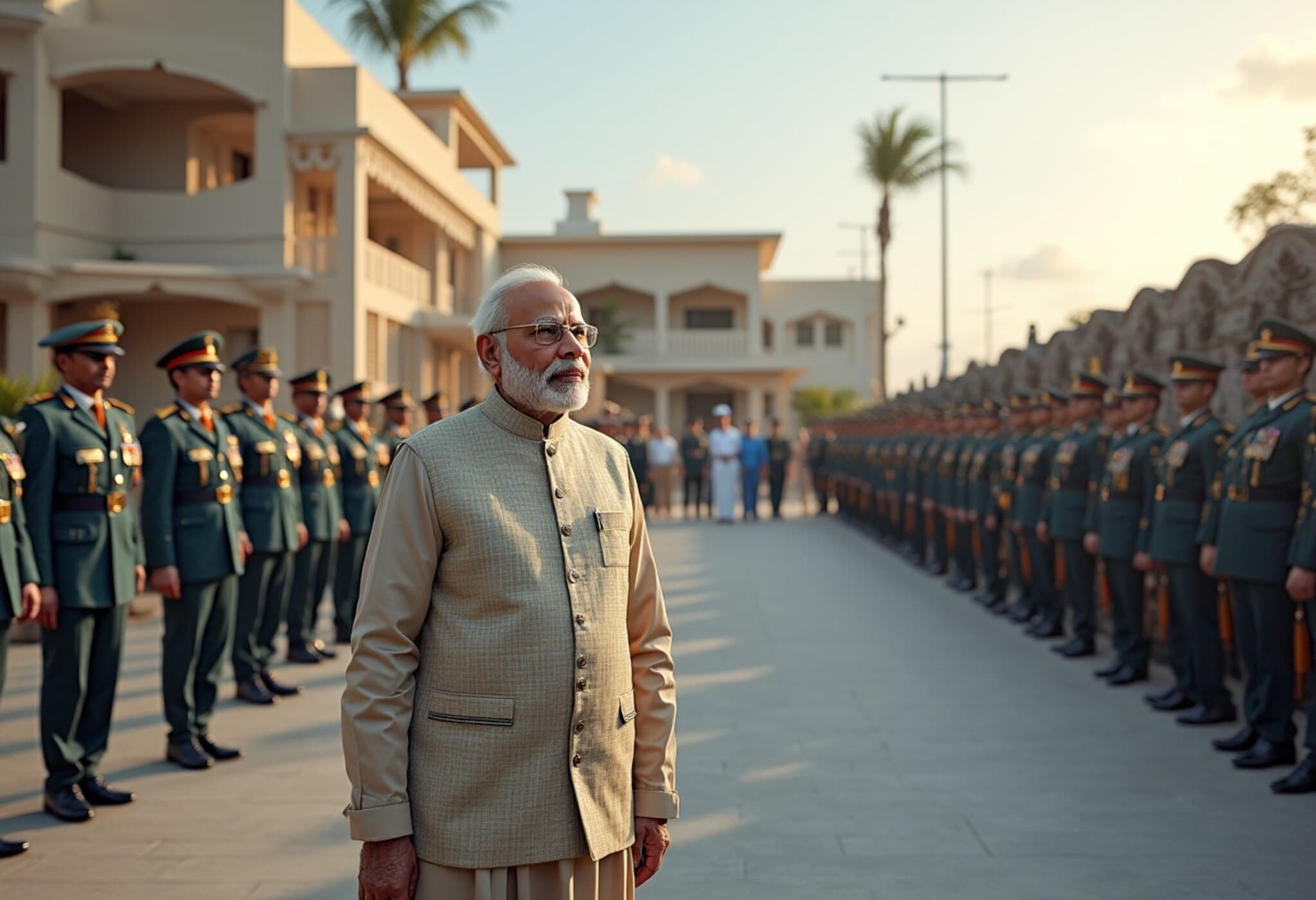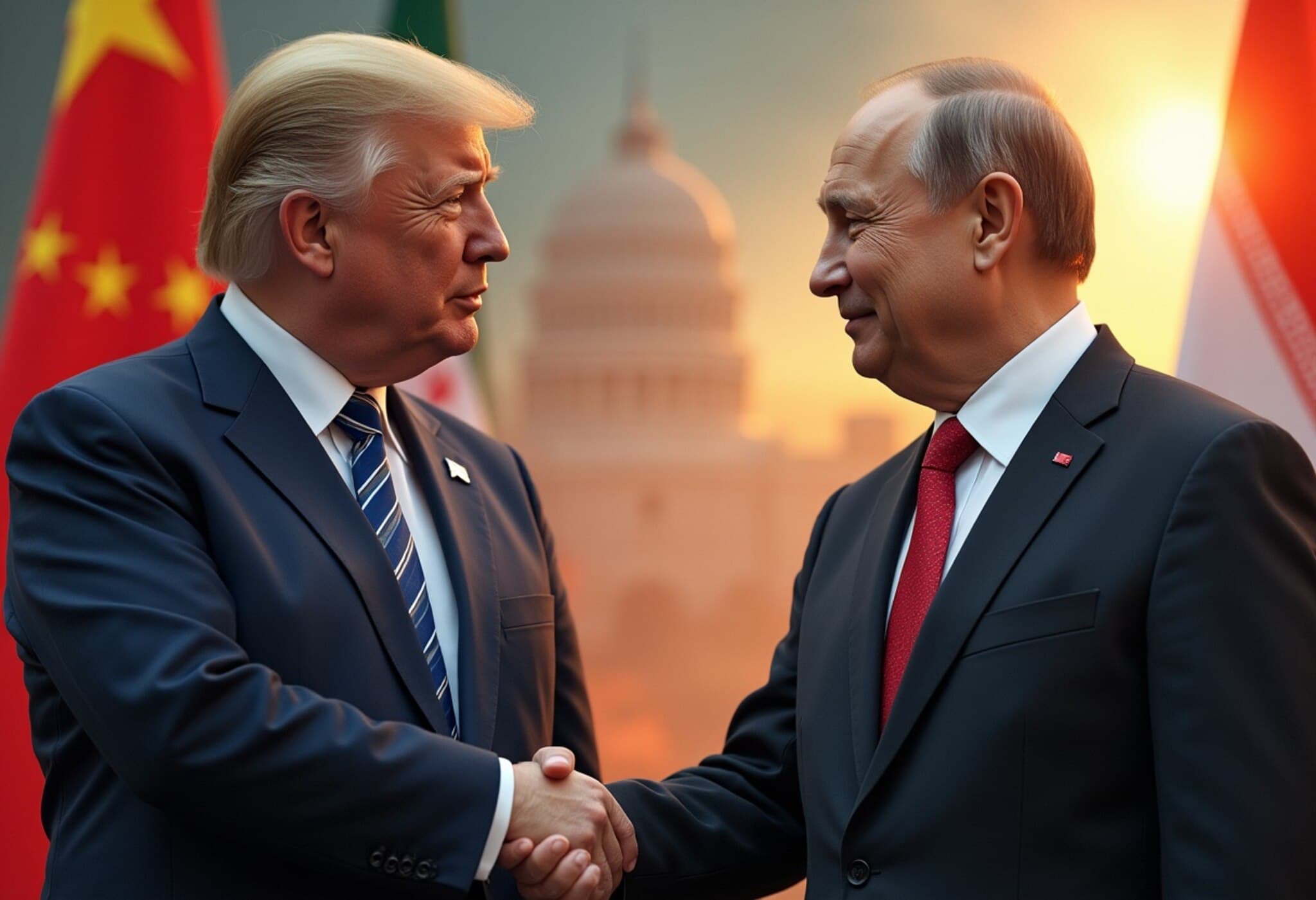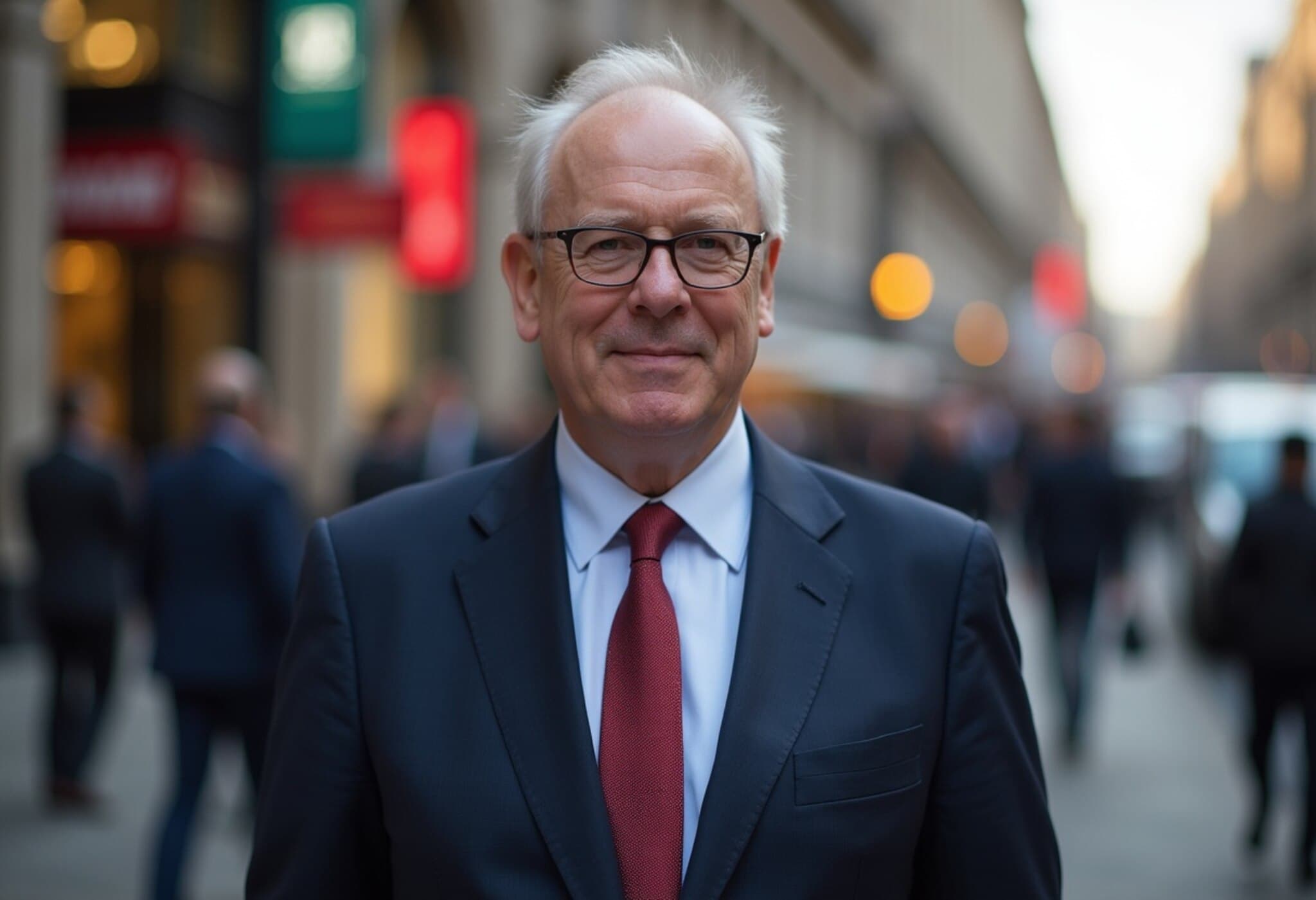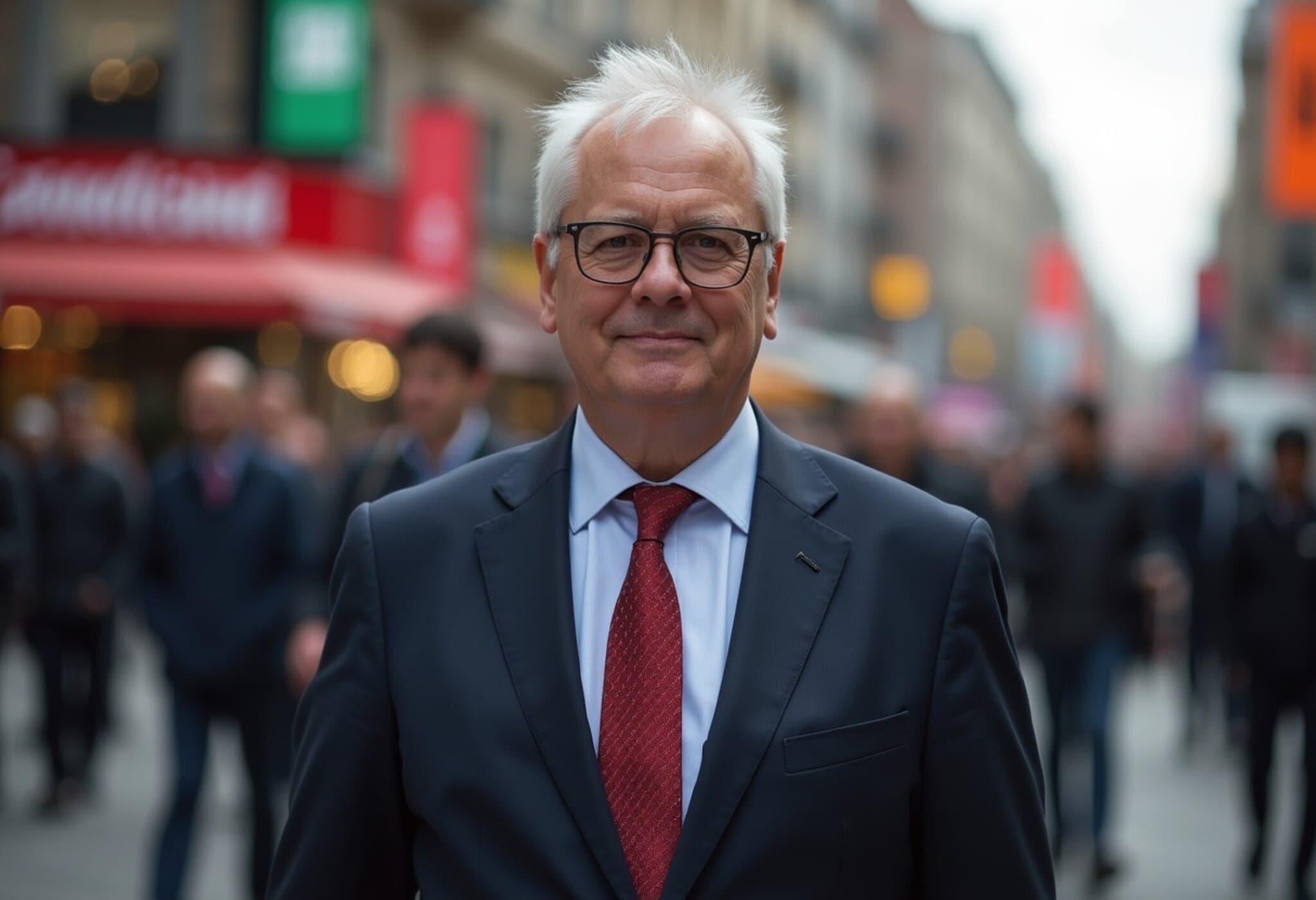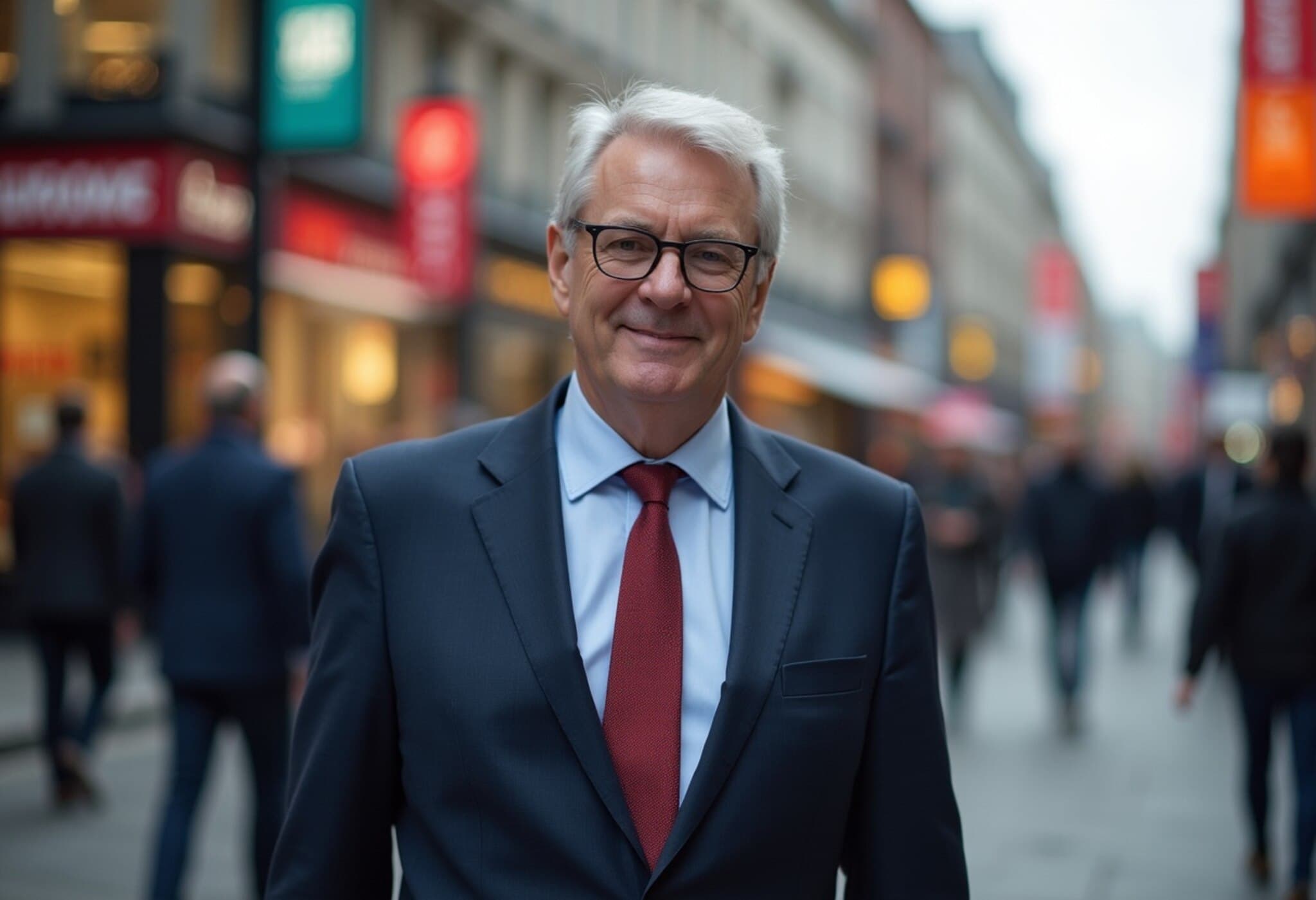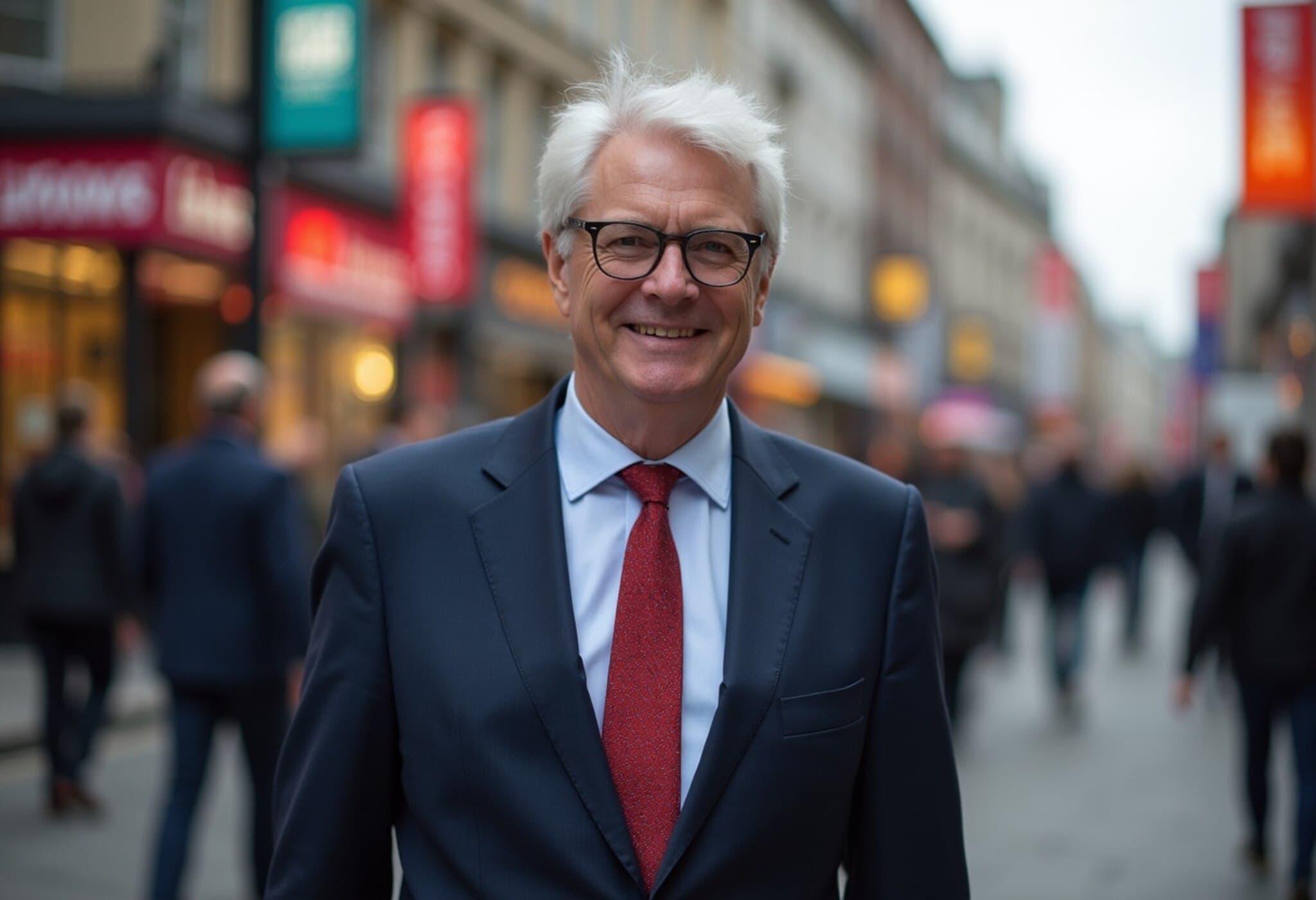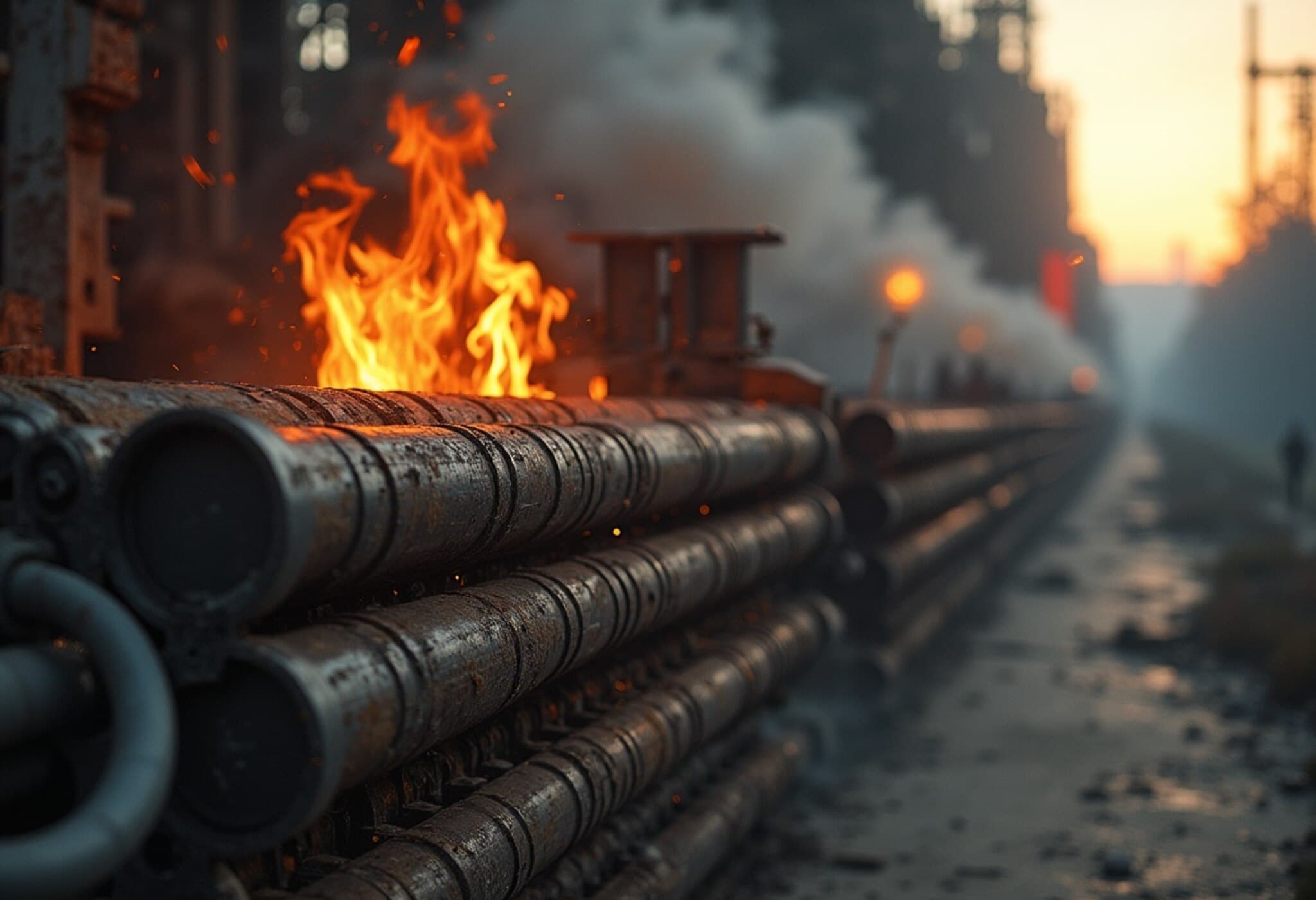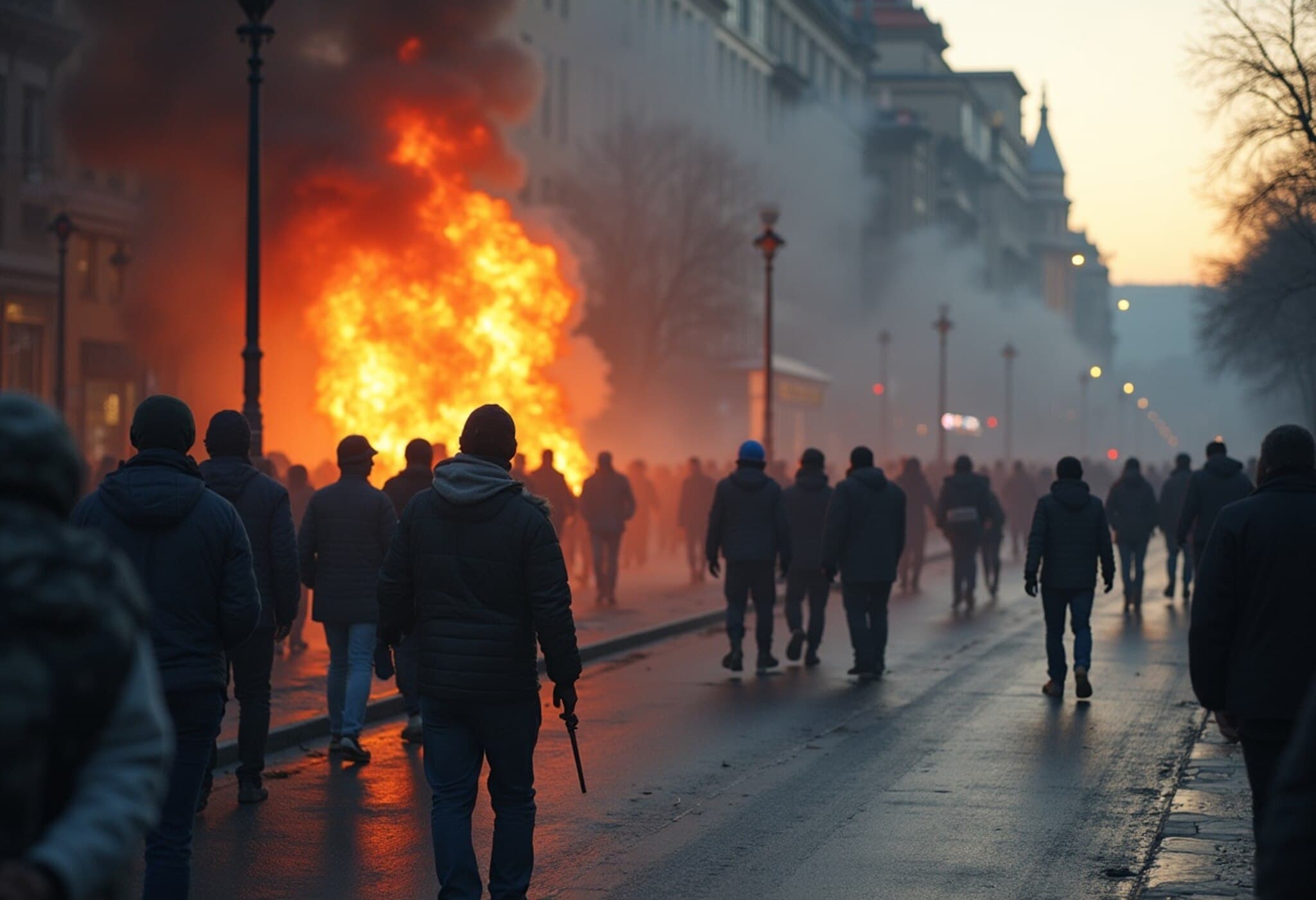UK Sets Ambitious Defence Spending Goal to Meet NATO Standards
British Prime Minister Keir Starmer has announced a decisive plan to increase the country's defence and security expenditure to 5% of gross domestic product (GDP) by 2035. This move aligns with NATO's recently agreed target and reflects a renewed focus on national security amid escalating global tensions.
Preparing for War on Home Soil for the First Time in Years
For the first time in decades, the UK government is preparing its citizens for the possibility of wartime threats on home soil. Starmer’s administration emphasized the need for "active preparation", including potential national resilience exercises designed to ready the population for attacks at home.
A Response to Increasing Volatility
As the UK headed to the NATO summit in The Hague, Starmer highlighted the growing instability across the globe, stating that these are "probably more volatile times than most of us have lived through recently."
Funding the Substantial Increase: Challenges Ahead
The pledge raises important questions about financing, with estimates suggesting an additional £30 billion ($41 billion) annually will be required. The UK had already committed to raising defence spending to 2.5% of GDP by 2027 from 2.3% the previous year, but this new ambition will require significantly more resources.
Despite concerns about budgetary pressures and ongoing debates over welfare spending, Starmer dismissed the notion that bolstering defence would come at the expense of social services.
National Security Strategy Highlights Escalating Threats
The government’s new National Security Strategy—published alongside the NATO summit—compiled insights from six major reviews since last year’s election win, including a comprehensive audit of relations with China.
Unlike expectations, the China audit will not be released separately, as officials fear it could compromise British national interests. Nonetheless, the strategy acknowledges a rise in Chinese espionage and interference, describing China as "a sophisticated and persistent threat," while also recognizing the importance of maintaining economic engagement.
Commitments at the NATO Summit
Downing Street has detailed plans to allocate 3.5% of the national income to traditional defence systems and a further 1.5% to broader security measures, leading to a projected overall defence spend of at least 4.1% of GDP by 2027.
Calls for De-escalation Amid Global Tensions
Against a backdrop of rumored Israeli airstrikes on Iran, Starmer urged restraint, emphasizing the importance of ceasefire and stability. “The sooner we get back to a ceasefire, the better,” he said, reiterating his call for de-escalation in regional conflicts.
Looking Ahead
As the UK embarks on this path toward ramped-up security spending and heightened preparedness, the coming decade will be crucial in navigating economic challenges while confronting new and evolving threats on the world stage.



